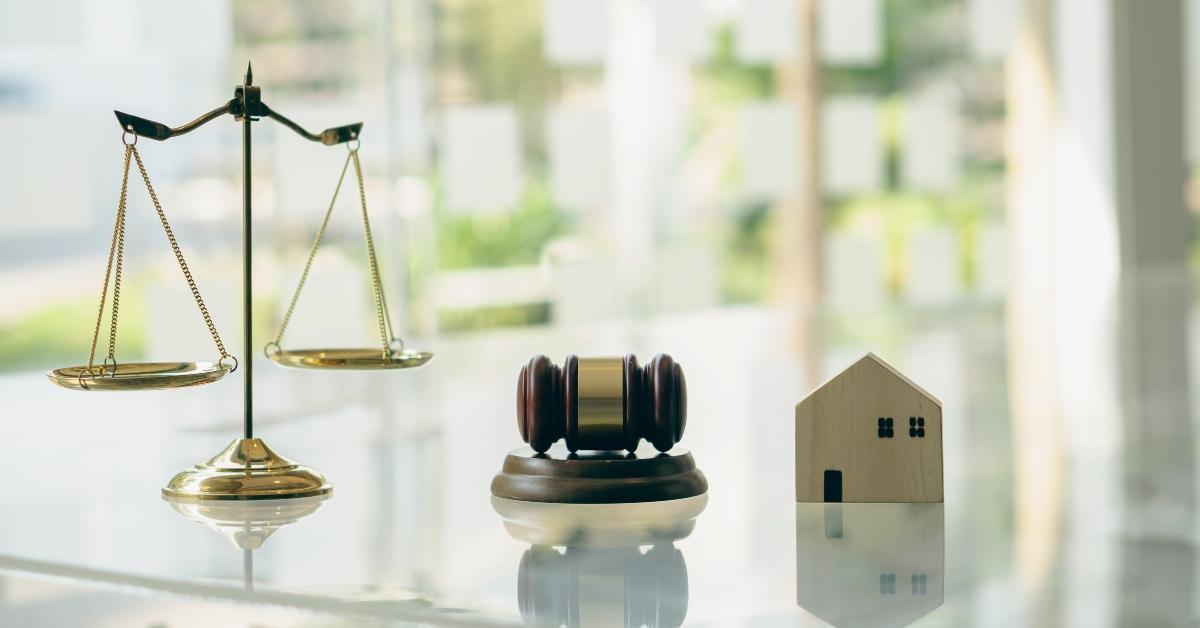Toll Free: +1 (888) 236-5528
Fax: 213-226-4215
Toll Free: +1 (888) 236-5528
Fax: 213-226-4215
A judgment is entered by the court after there is a court decision or court approved settlement. The court hands down a verdict and may order the payment of money from a defendant to a plaintiff or vice versa. The Debtor in some cases does not or cannot pay the amount ordered by the court to the opposing party. A judgment lien can be recorded against the debtor property to ensure that the person who was granted the judgment (the creditor) gets what is owed to them.
Property that is subject to a judgment lien under California law A judgment lien in California can be recorded on the title of a debtor's real estate. This means a house, condo, land owned by a debtor can be subject to a judgment lien if they were ordered to pay a sum amount of money by a court order if they lost a civil case to an individual or company. A judgment lien can also be attached to the debtor's personal property that is valuable such as jewelry, art, and antiques. (Some states only allow judgment liens to be attached to personal property only.)


There is a 10-year period that a judgment lien can stay active and attached
against a debtor’s property. (Judgment liens can stay attached even if the
property changes hands) within that 10-year period.
In California, a creditor’s ability to collect a judgment lien will be affected by
several factors. If a debtor’s property is a primary residence they may have
protection by a homestead act. Under Homestead act exemption protection, a
certain amount is not touchable. There is also a possibility that other liens are
recorded prior to your judgment lien and those liens take presidency over your
granted judgment lien. Foreclosure or bankruptcy proceedings can also affect
the status of your judgment lien.